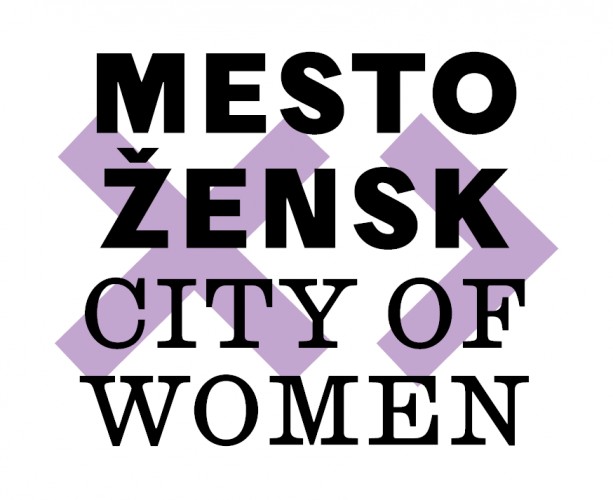Belgium, France, Luxembourg; 2002; 35 mm; colour; 85'
A Piece of Sky is a story about the dignity of two women, dignity that not even the toughest trials can crush. It is also a story about two social environments, the main goal of which, it seems, is to destroy dignity and trample down the humanity in those who live under such circumstances. Joanna (fiercely portrayed by Séverine Caneele, from Dumont's Humanity) is a former factory worker now trapped for unknown reasons inside the four walls of a women's prison; Claudine (Sophie Leboutte), who still works in the factory, is trapped between loyalty toward her incarcerated colleague and fear for her own safety. The faces of the women in prison and the faces of the women on the assembly line are virtually identical: showing an unhealthy pallor, downcast with disappointment, wrinkled with worry, and wrapped in silence. The bodies of the prisoners and workers are also similar: stooped, tired, slow, squeezed into uniforms. The uniforms in the prison are the same as the uniforms in the factory: drab colours, stained, wrinkled. The prison walls and the factory walls compete to see which can be colder, which can crush the will to live more effectively, which can cast a darker shadow. Factory and prison, prison or factory; the administrations in both institutions follow the same degenerate logic and supplement each other perfectly: one deals with the criminalisation of the social struggle even as it feeds the other, whose responsibility is to stifle original expression and so return the favour to the first, for there is no use for idiosyncrasies on the assembly line. Scenes recorded in the prison alternate with scenes recorded in the factory to produce an inexorably monotonous-yet never boring-rhythm. Both environments, the re-education factory and the exploitation factory unrecognisably merge into one, a symbol of the brutal face of capitalism and of the conflagration of such notions as liberty, brother- and sisterhood, and solidarity, which cannot find a context where they will not be tarnished through bitter compromise.
What else could we expect from this author, the young film-maker Bénédicte Liénard from Brussels, who served her apprenticeship as assistant director to the brothers Dardenne (Rosetta, Son), and imprinted her own documentary film creations with burning social and political commitment. The experiences she acquired by simply documenting social shame in Western Europe have been used to great effect in the filming of her first feature. The scenes were shot on location, in a factory and a prison, with non-professional actors-workers and prisoners. What at first glance seem to be rigid conceptual forms (long, static scenes, exclusively cold colours, the absence of any background music, looks and gestures in place of dialogue, the story driven along smoothly outside the conventions of cause and effect) eventually begin to transcend, demolish and critique conventional forms of representation and narrative, thus exposing the engaged political agenda clearly, free from ideological traps.
The attempt to combine subtle, poetic form with strong political commitment usually means the latter gets sacrificed. Maybe this is the reason why Abbas Kiarostami, known primarily as a poet of film, discarded his famous poetic form in his last two films (ABC Africa, 10) and pared his expression down to video so as to more clearly outline his political wrath, which, though present in previous work, had been woven into an aesthetic of dazzling images and unique dramaturgy. Liénard's success is so much more worth admiring, for her political thought, uncompromising defence of the oppressed, and consistent and thoroughly justified condemnation of a system unworthy of humanity, take the foreground, despite the radical form of the film. Attached to 90 minutes of images that hardly reveal a sky (let alone any sun), the title of the film may seem ironic, even cynical. Or perhaps not. It presents a lesson in pride, telling us we have to fight for our own piece of sky, tear it away from the clouds and wait for the gloom to open up on its own; this is the piece of sky that occasionally appears above the two women in the film. The first time this occurs, just for a moment, when one of the imprisoned women breaks away from reality, closes her eyes, and hovers over the prison, dancing dreamily to music that may be playing only in her head. And then it happens somewhat later, this time a bit longer, when Joanna, in solitary confinement, bursts into tears and the camera shivers and blinks, veiling the sight with a black curtain, as if it cannot stand to see a person so destroyed. But then it looks back anyway, where we dare not look. And it holds its gaze for so long that we stop feeling uneasy.
Jure Meden


